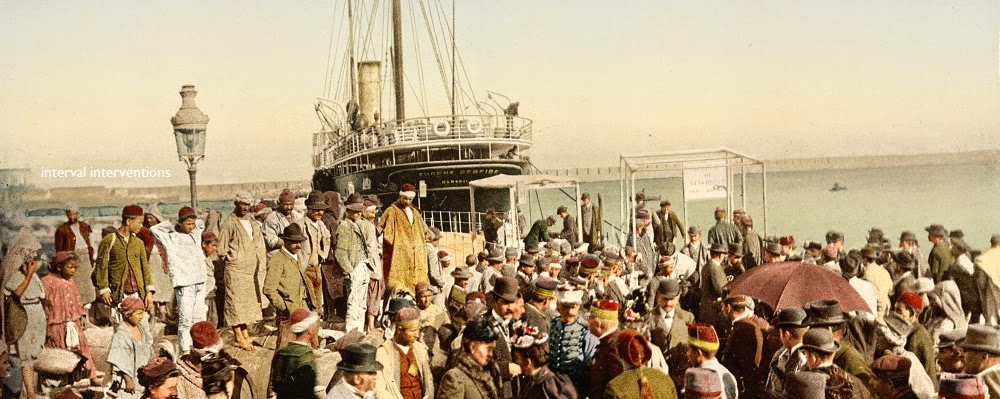The persistence in your smile. The crowded obligations. Your pungent sweetness. The way you deface dictionaries.
Devil Wears Prada
I've seen this movie a few years ago, and still remember some of the faces in that film, Meryl Streep, Stanley Tucci, and Anne Hathaway. And then I decided to see it again in fragments on YouTube, because I stumbled into clips of the movie on YouTube, while looking for trailers of indie movies I hope to see soon. Watching the movie this way, in many ways, revised the momentum of the story, because when I stumbled on a clip in YouTube that's interesting, I'd put the movie aside and see those other clips that may or may not have any relation to Devil Wears Prada. Specifically, this fragmented process of seeing the movie is not concerned about seeing the movie's totality the way one would watch it on DVD or movie-theater. Here, the process uses the imagination to fill in images and narratives that could be included in the film; the idea of 'filling in', here, may be akin to the way the imagination extends elements to any movie-watching experience. But 'filling in', here, is different in that it attempts to substitute elements that are in the movie's original, story-line version. And so what happens in this idea of 'filling in', I think, is the emergence of the creative process to finish the movie or even extend it in ways that feels one isn't leaving it with loose ends.
~
And regarding the film's title, I know it's witty and funny. But it does say something about how we think of devil, that it's choosy and prefers high-end fashion clothing and accessories. I wonder if the devil is still devil if it wears something from thrift-shop stores or from a swap-meet stand. That devil wouldn't be much of a devil anymore, but less of a devil, and perhaps someone closer to angels (?). To reduce the devil to elements of cheapness, to poverty itself, would probably ruin our language or idea about devil, destroy our myths of it. And the devil wearing Prada, a product from a country of Catholics? One would think the devil could avoid wearing something from a country of many churches. Is this coincidence?...:) Or simply human nature thinking in dualities, that the moment we think of something, its immediate, corresponding opposite will surface in that line of thought.
